Uppsala University offers a unique range of subjects in science and technology. Research and education take place here across a broad spectrum encompassing biology, computer science, physics, earth sciences, chemistry, mathematics and technology. The faculty's successful research and education contributes to the University continually being ranked among the top 100 universities in the world.
Crucial to this success are our many collaborations with companies, the surrounding community, and other universities. Collaboration within and between disciplines, combined with a culture of academic freedom, fosters a creative environment that breeds success in research and education.
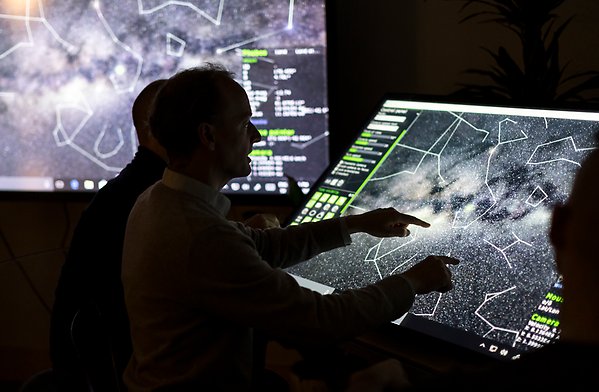
Structure and governance
The Faculty of Science and Technology, the Disciplinary Domain, makes up about a third of Uppsala University and is one of Sweden's most complete faculties. Visit our employee entrance for a presentation of our organisation and governance.
Structure and governance at the Faculty of Science and Technology
Ångström Laboratory
The Ångström Laboratory trains natural scientists and engineers. Research spans across physics, chemistry, maths, technology, materials and energy research. It also has the largest clean room in the Nordic region. The campus has recently been expanded with the futuristic building 10.
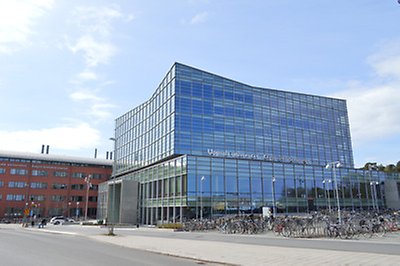
Uppsala Biomedical Center
One of Europe's largest centres for life sciences with research and education in biology, pharmacy, chemistry, medicine and nutrition. The centre trains doctors, pharmacists, prescriptionists and biomedical scientists.
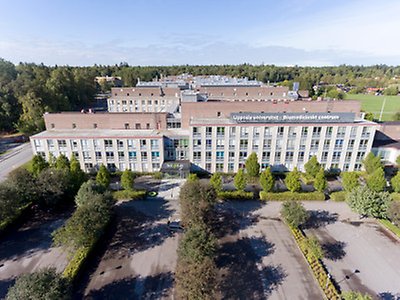
Evolutionary Biology Centre
The EBC houses research and education in biology and evolutionary processes at all levels, as well as research in physiology, developmental biology and ecotoxicology. Here you also find the Museum of Evolution with botany, zoology and palaeontology.
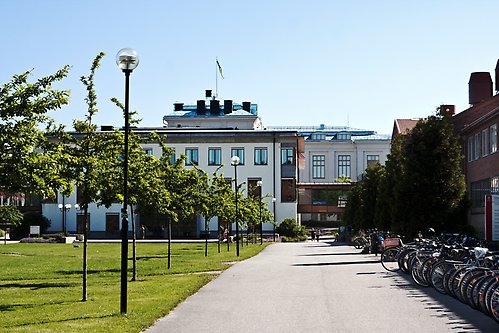
Geo Centre
The Geo Centre offers education and research in earth sciences - everything from rocks and volcanoes to earthquakes, climate and carbon storage.
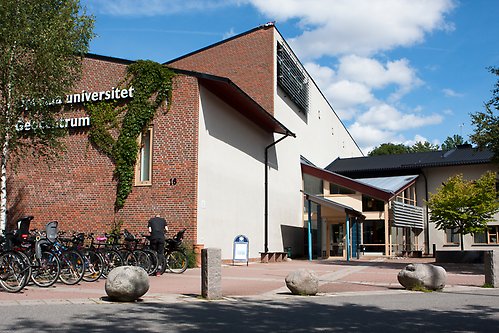
Campus Gotland
Campus Gotland in Visby offers programmes in humanities, law, technology and natural sciences, social sciences, languages, theology, educational sciences and more.
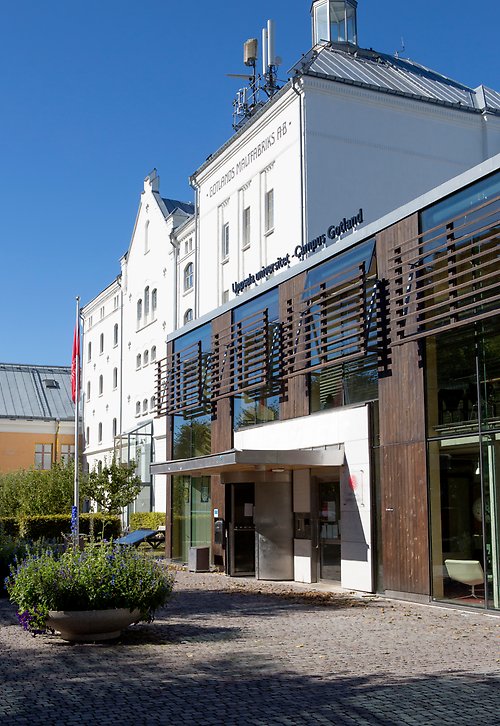
Briefly about the Disciplinary Domain
- 2422 employees in total (37% women) among them 206 professors
- 2.7 billion in yearly turnover
- 14 000 students
- 6 002 students (full-time equivalent)
- 9 master degree programmes in engineering
- 6 bachelor degree programmes in engineering
- 8 bachelor degree programmes in science
- 1 higher education diploma programme
- 2 one year master degree programme
- 16 master degree programmes
- approx. 588 postgraduate students (with an activity of at least 80%)
- 158 doctor examinations
- 825 MSek/year in faculty grants for research
- 1 018 MSek/year in externally financed research
- ca 2 230 publications in international journals/year
(figures from 2022)
